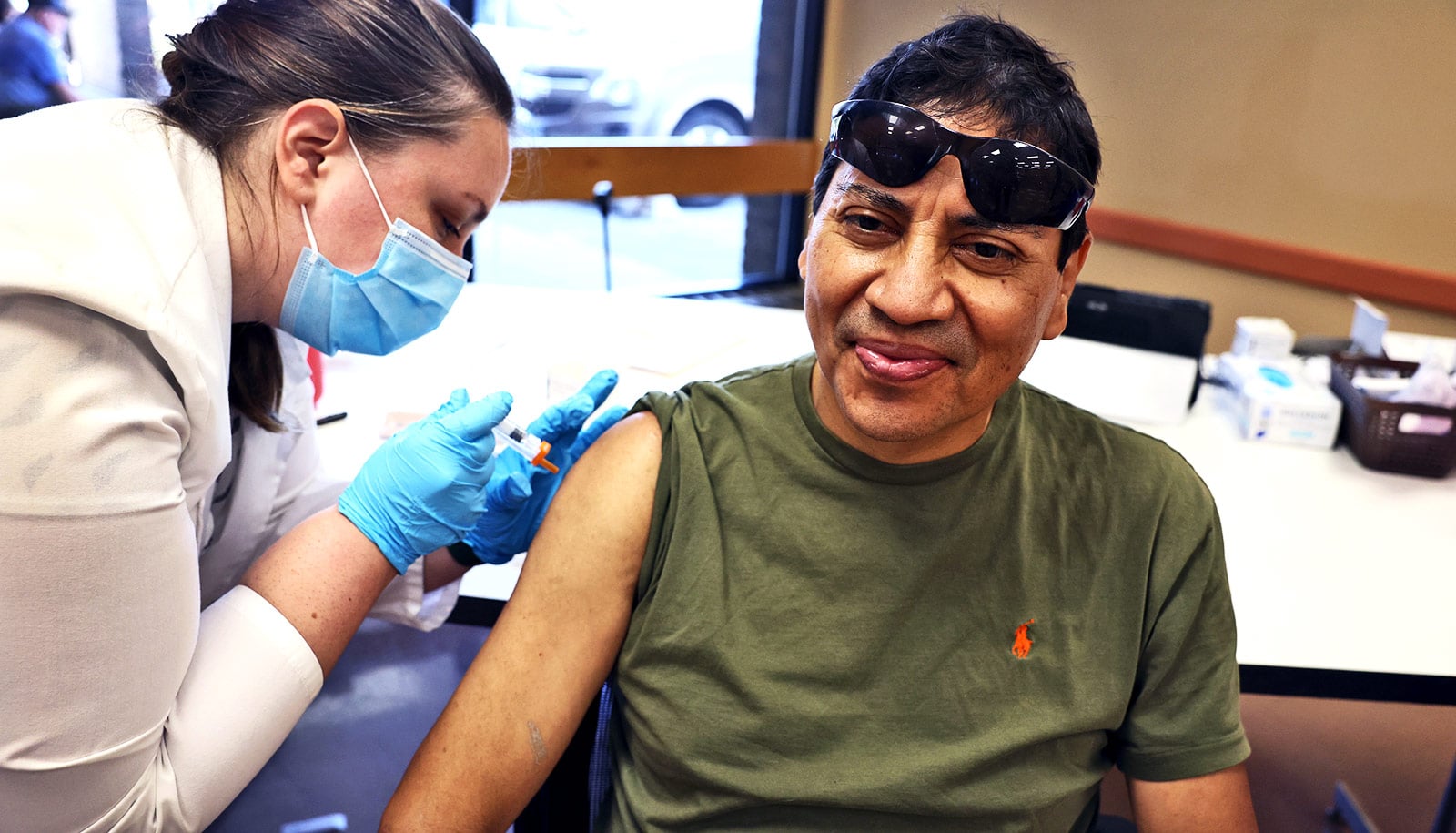In a new study, researchers found that natural immunity from previous flu infections has a significant impact on how well future influenza vaccinations work.
That may mean if you’re one of the unlucky estimated 1 in 5 Americans who gets the flu each year, according to the NIH, there may be an unexpected upside to your illness.
It may help you battle future versions of the virus.
“Overall, the preexisting immunity you develop through natural infection helps to strengthen immune responses,” says corresponding author Ye Shen, a professor in the University of Georgia College of Public Health.
“We didn’t fully understand how preexisting immunity through natural infection with different influenza strains changes vaccine-elicited immune responses before this study. Now we have a better understanding of how preexisting immunity to influenza influences immune responses to different types of vaccines.”
Each flu season, your flu shot targets certain strains of the virus. So when scientists develop the influenza vaccine, they have to make educated guesses about which strains are most likely to be circulating ahead of time.
While plenty of research goes into developing the shot, it’s never going to be right 100% of the time.
The flu virus’s ability to constantly evolve and develop new and more virulent strains makes it difficult to fight.
“In some years, we don’t have very good protection from the vaccine because of that mismatch,” Shen says. “People have started to worry about whether the shot is actually protecting them from the flu because of that. With this study, though, we do see benefits of having preexisting immunity, and that’s good to know.”
The researchers tested vaccines made of various flu strains.
They found when animals were infected with one strain of the flu, the animals had a heightened immune response when given a vaccine targeting that same strain.
But overall immunity also improved significantly when the animals were given a vaccine targeting a different flu strain, after being infected with the original strain of the virus.
With the body protecting itself against one strain with its natural immune response and the vaccine eliciting broader immune responses to a spectrum of flu strains, the body was better shielded.
Animals that were not initially infected with the virus but did get the vaccine were more likely to need a booster because they lacked natural immunity.
This research is part of a larger, seven-year NIH-funded study that aims to create universal influenza vaccines for vulnerable populations.
“Our future studies will further explore more clinically relevant outcomes including actual infections in humans. It may not be enough just to push your antibodies higher,” Shen says.
“Is that enough to protect you from mutations of different influenza strains? This is where individual-level heterogeneity becomes important, which remains an ongoing area of research in the field.”
The study appears in the journal Vaccine.
Source: University of Georgia



